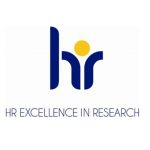 Two vacancies have arisen for the posts of University Representative, the leaders of the Research Staff Association. This is not a faculty-specific post, any eligible person from any faculty can apply.
Two vacancies have arisen for the posts of University Representative, the leaders of the Research Staff Association. This is not a faculty-specific post, any eligible person from any faculty can apply.
The BU Research Staff Association(RSA) is a forum to promote research culture at BU. Research staff from across BU are encouraged to attend to network with others researchers, disseminate their work, discuss career opportunities, hear updates on how BU is implementing the Research Concordat, and give feedback or raise concerns that will help to develop and support the research community at BU.
In addition to the two leaders, there are two reps from each faculty.
Eligible research staff are those on fixed-term or open-ended employment contracts (not PTHP/casual contracts) who have at least one year remaining on their contract at the time of recruitment.
If you are interested in this role, please supply a few words to demonstrate your suitability, interest, availability in relation to the position to Researchdev@bournemouth.ac.uk by the 02/05/2023.
Please contact your faculty RSA rep to chat about it if you have any queries.
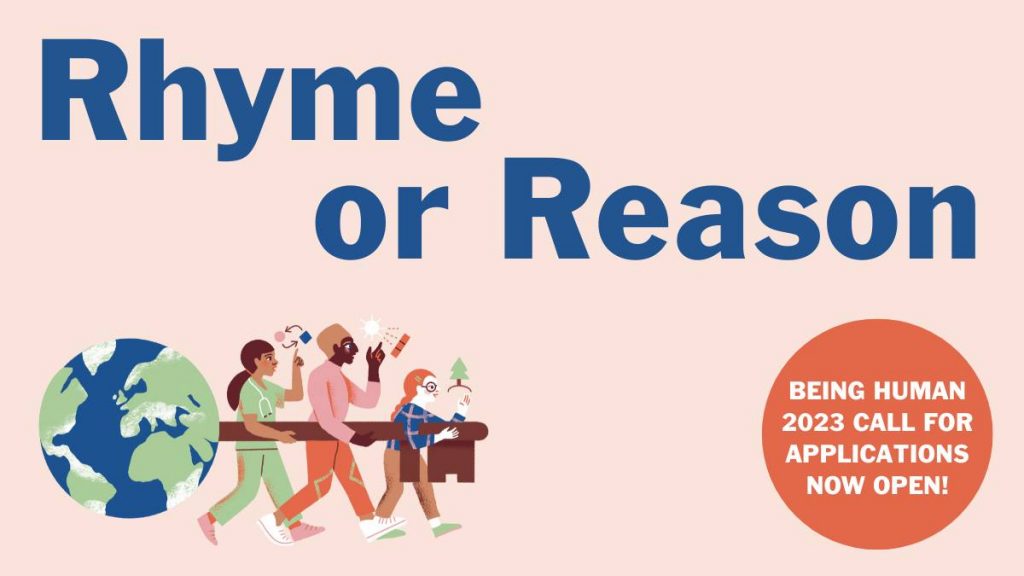
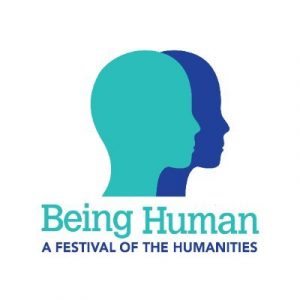 Pathways
Pathways 
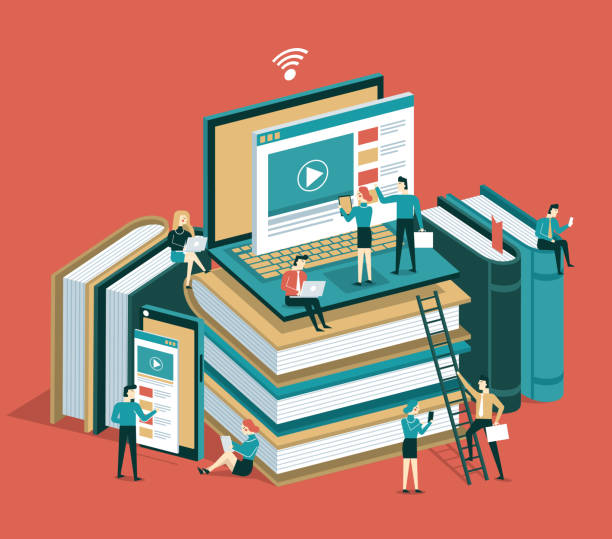 This 3 Day workshop covers strategies for academic writing: writing to prompts, targeting a journal/specific criteria, types of prompt for academic writing, ‘snack writing’, goal-setting for writing, motivation, freewriting, generative writing, analysing academic writing, drafting and revising an abstract/summary, constructing a ‘contribution’ argument, using prompts in series, outlining, productive writing behaviours, wellbeing, writing groups, micro-groups and retreats. Many of these can be used in preparing for a concentrated spell of writing at a writing retreat.
This 3 Day workshop covers strategies for academic writing: writing to prompts, targeting a journal/specific criteria, types of prompt for academic writing, ‘snack writing’, goal-setting for writing, motivation, freewriting, generative writing, analysing academic writing, drafting and revising an abstract/summary, constructing a ‘contribution’ argument, using prompts in series, outlining, productive writing behaviours, wellbeing, writing groups, micro-groups and retreats. Many of these can be used in preparing for a concentrated spell of writing at a writing retreat.
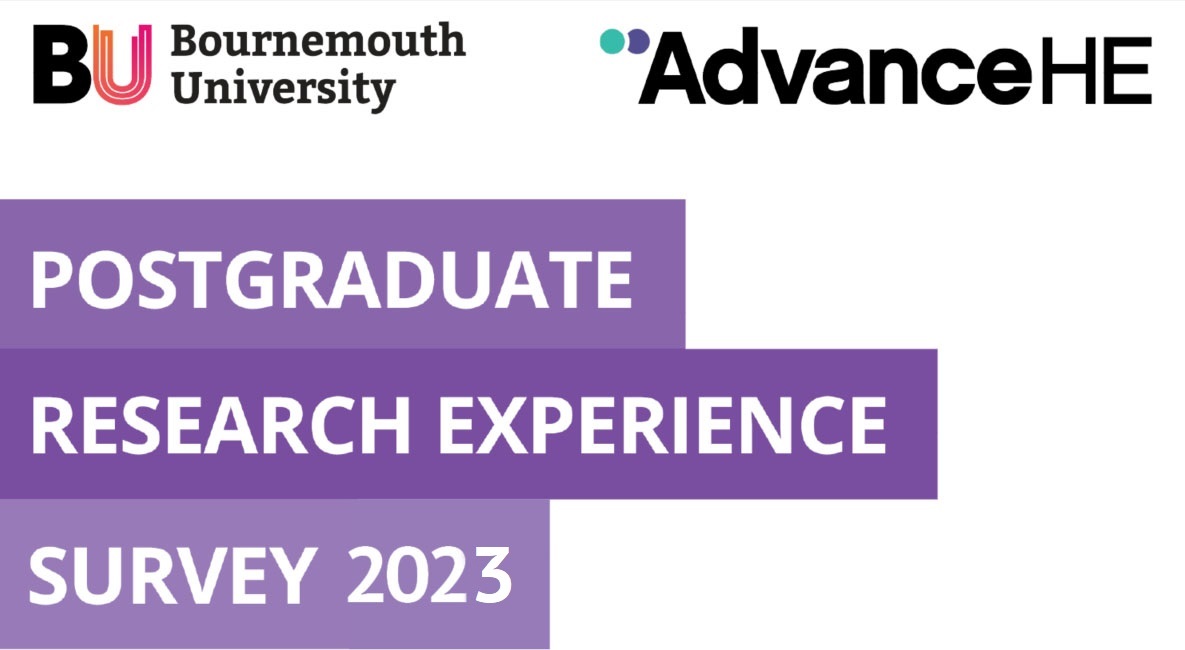

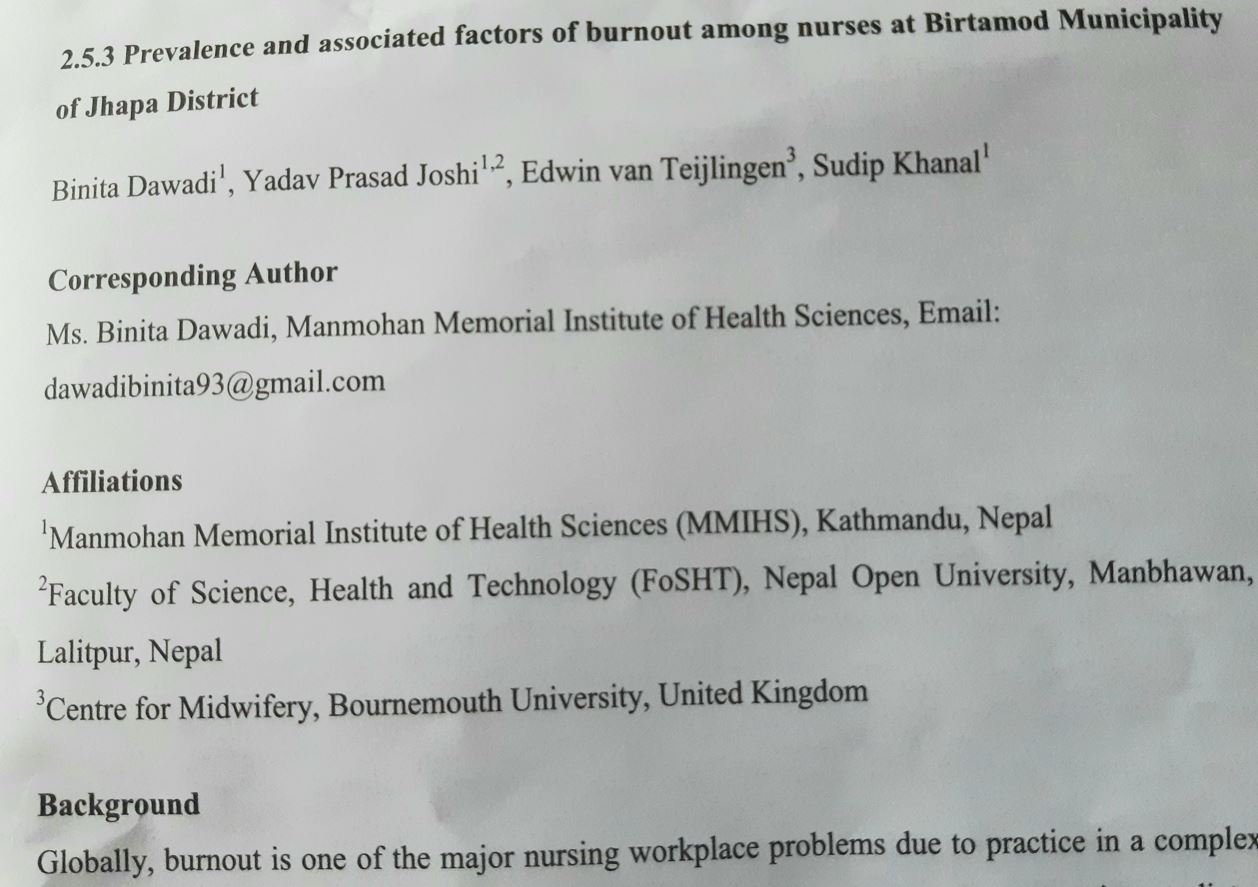


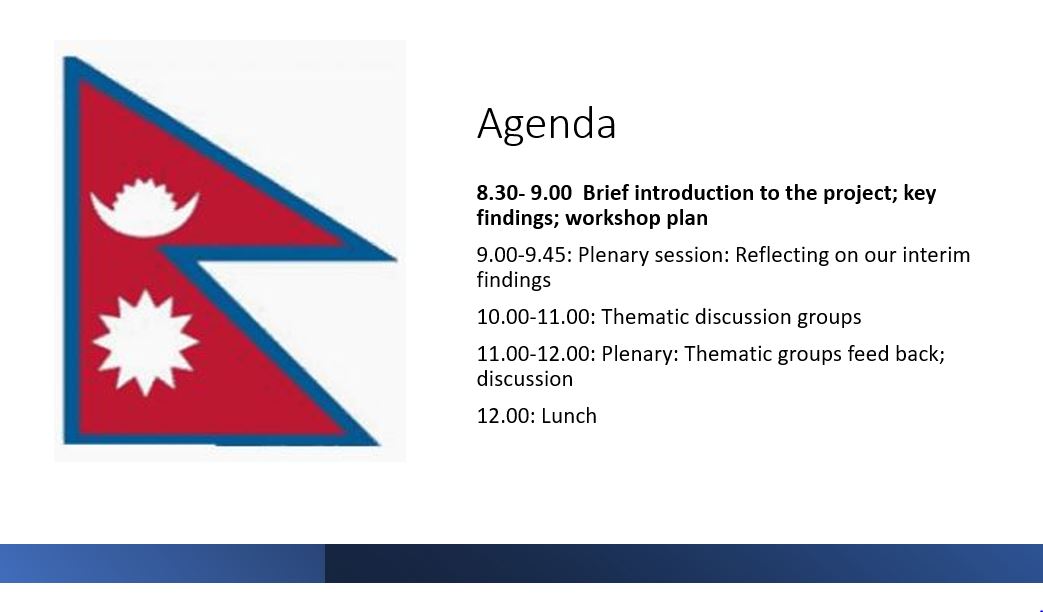
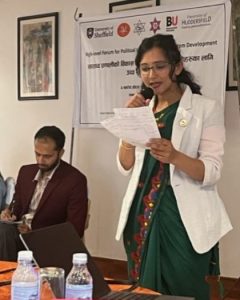
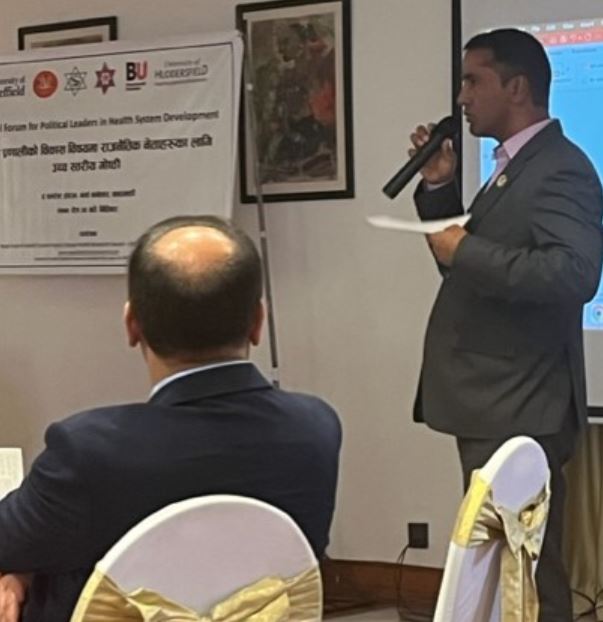
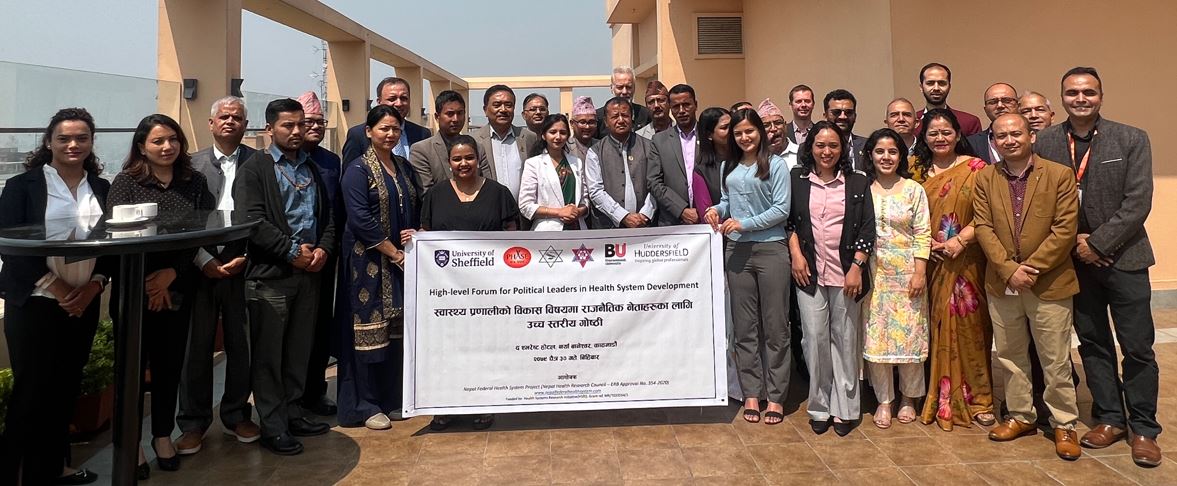

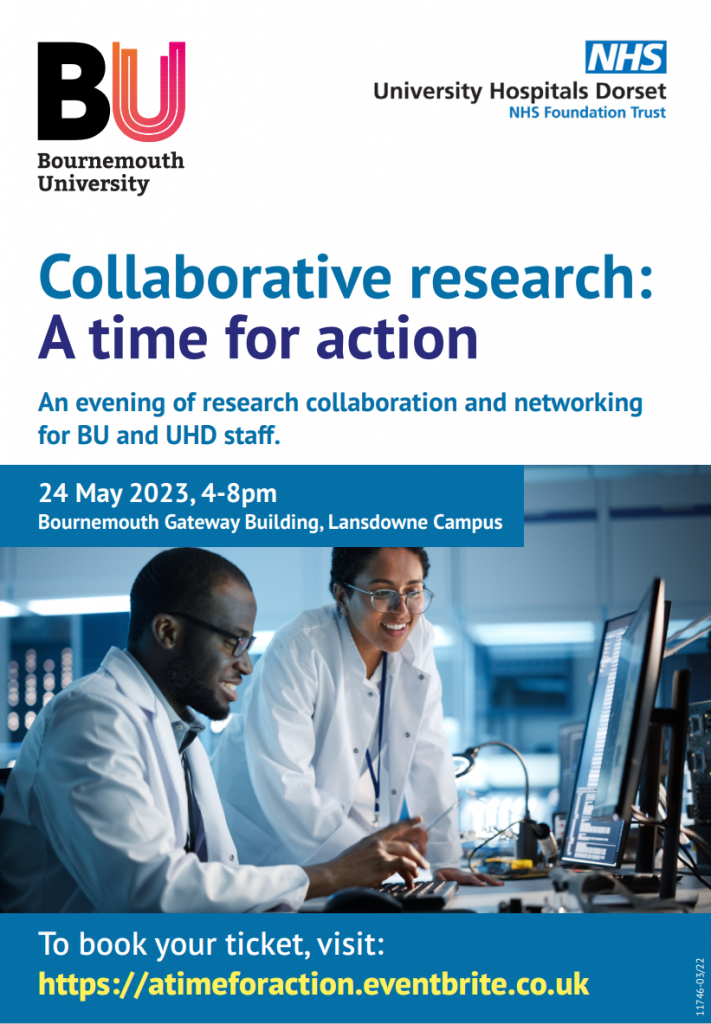
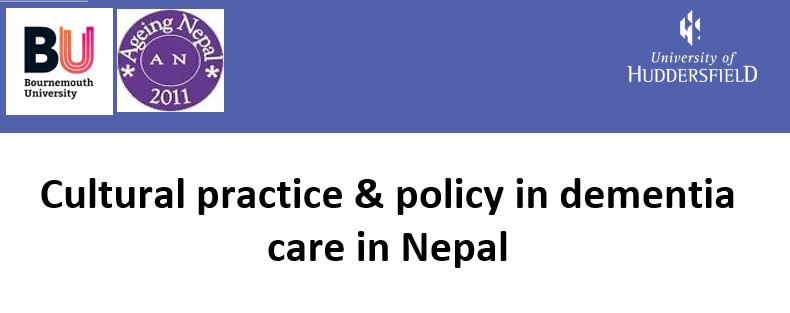
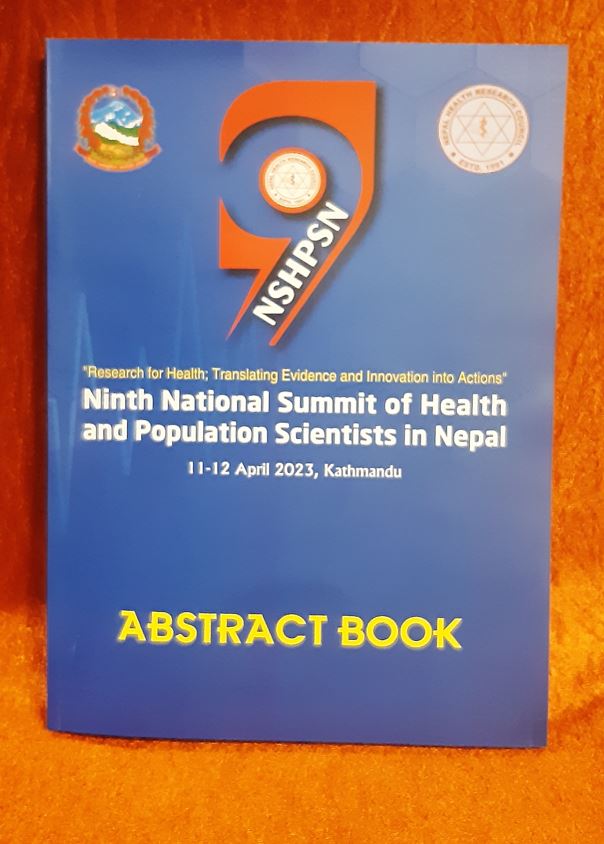
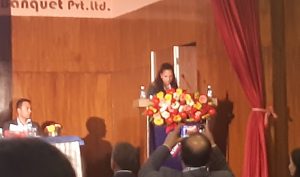
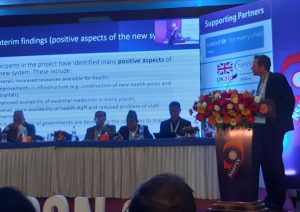
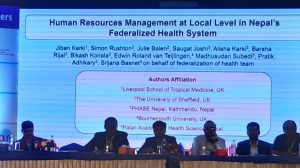
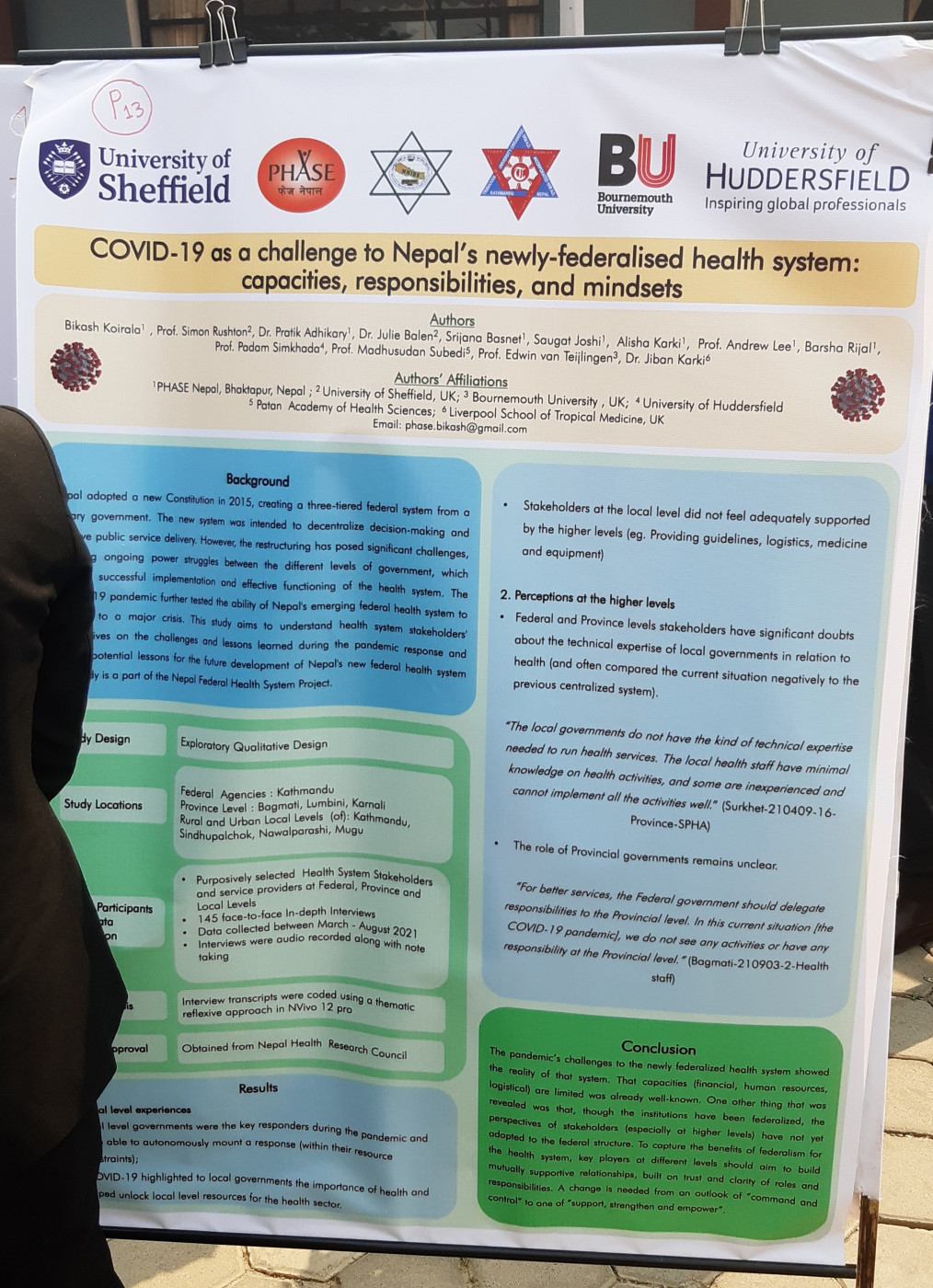
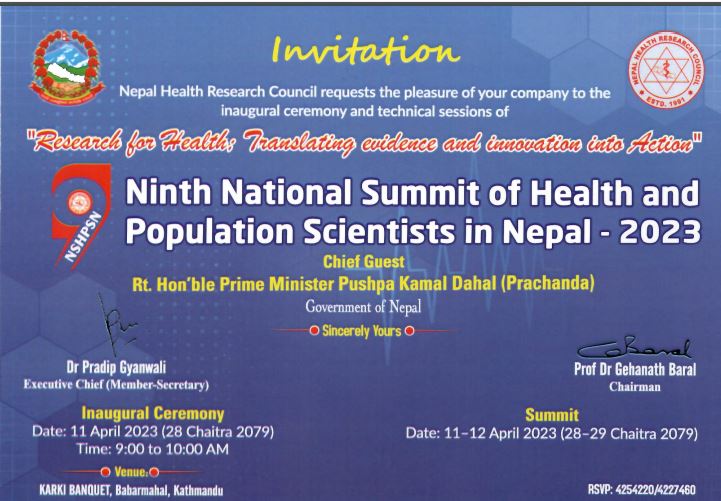
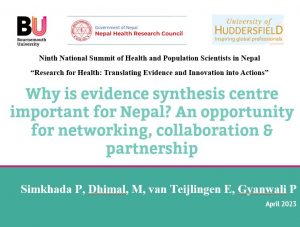
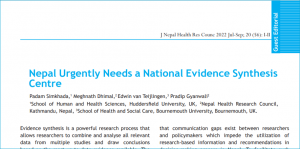

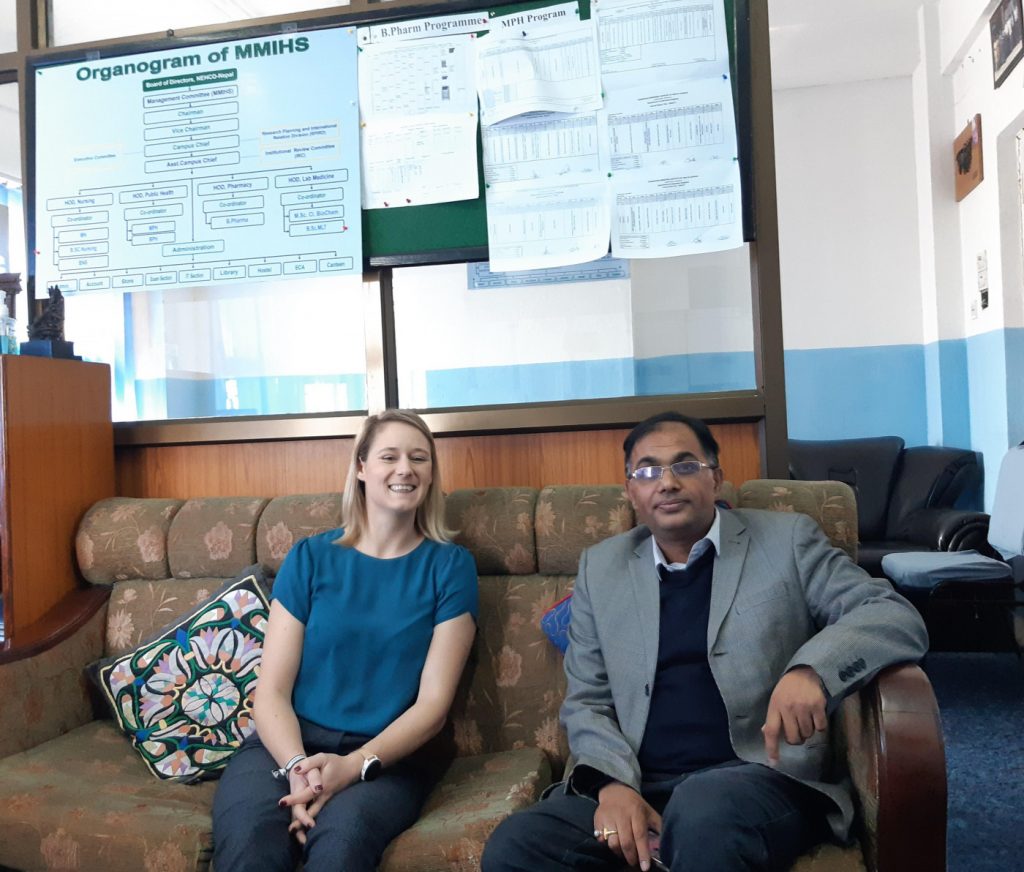
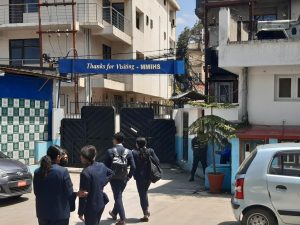











 REF Code of Practice consultation is open!
REF Code of Practice consultation is open! BU Leads AI-Driven Work Package in EU Horizon SUSHEAS Project
BU Leads AI-Driven Work Package in EU Horizon SUSHEAS Project Evidence Synthesis Centre open at Kathmandu University
Evidence Synthesis Centre open at Kathmandu University Expand Your Impact: Collaboration and Networking Workshops for Researchers
Expand Your Impact: Collaboration and Networking Workshops for Researchers ECR Funding Open Call: Research Culture & Community Grant – Apply now
ECR Funding Open Call: Research Culture & Community Grant – Apply now ECR Funding Open Call: Research Culture & Community Grant – Application Deadline Friday 12 December
ECR Funding Open Call: Research Culture & Community Grant – Application Deadline Friday 12 December MSCA Postdoctoral Fellowships 2025 Call
MSCA Postdoctoral Fellowships 2025 Call ERC Advanced Grant 2025 Webinar
ERC Advanced Grant 2025 Webinar Update on UKRO services
Update on UKRO services European research project exploring use of ‘virtual twins’ to better manage metabolic associated fatty liver disease
European research project exploring use of ‘virtual twins’ to better manage metabolic associated fatty liver disease